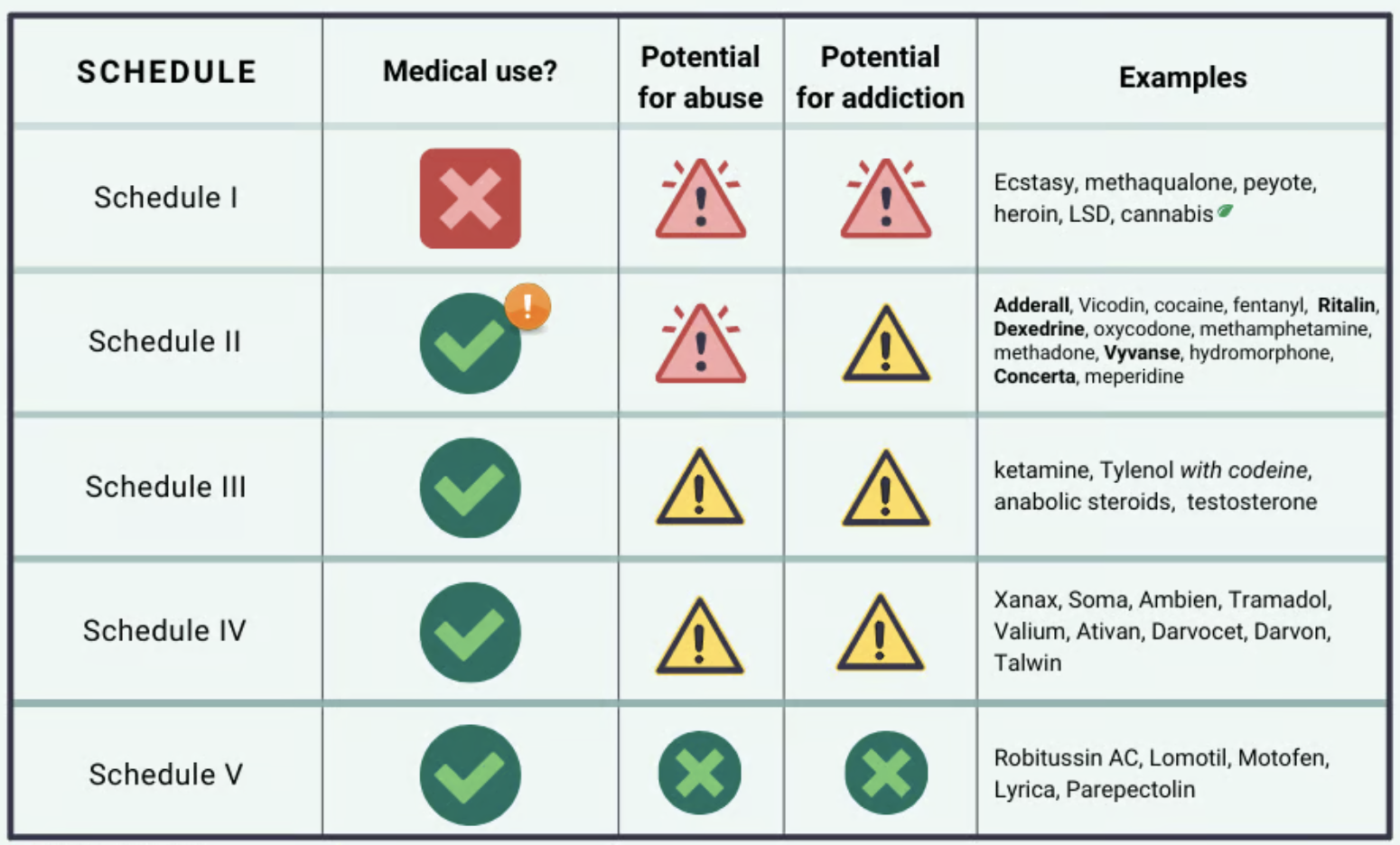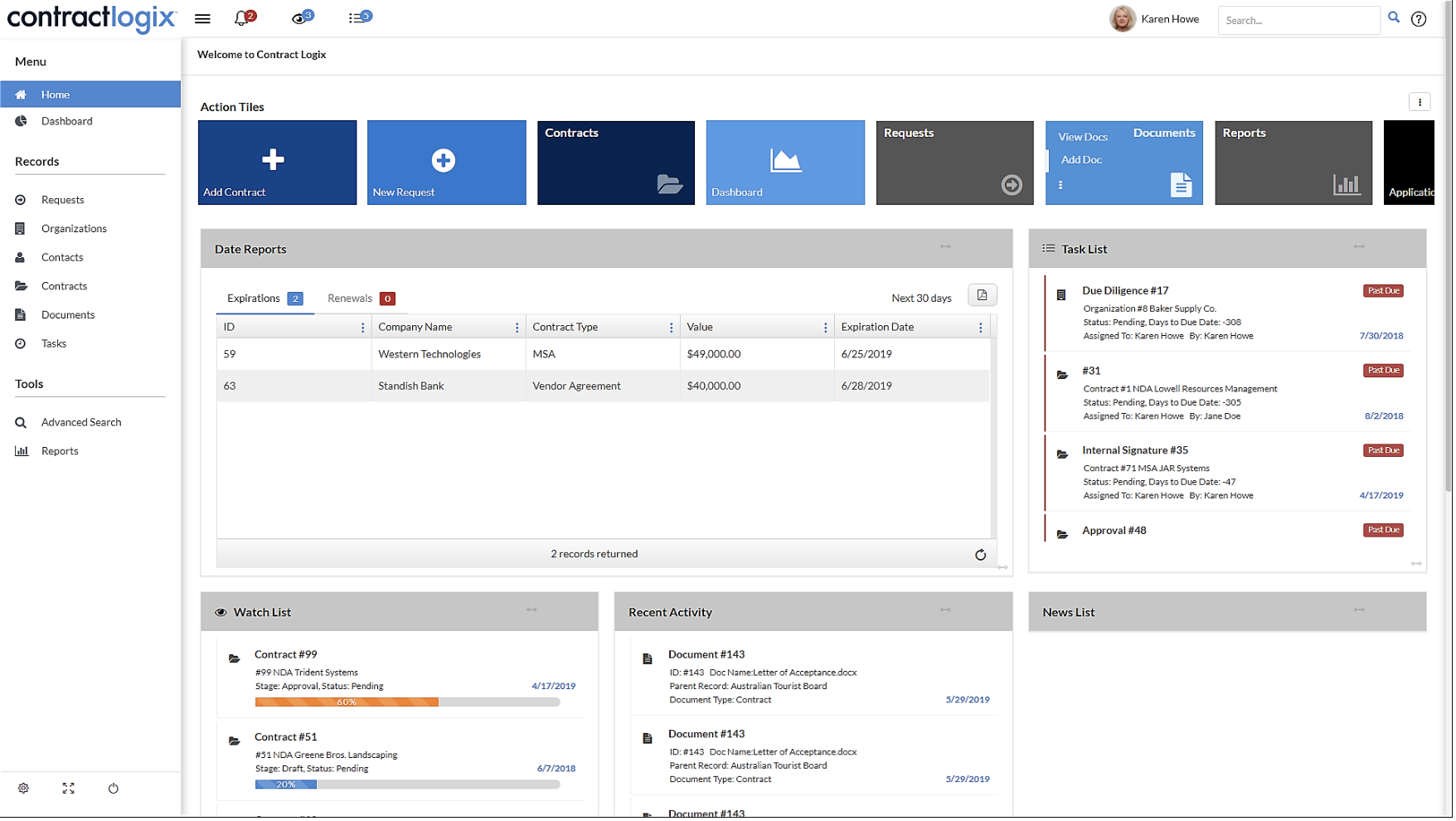A Guide to Contract Risk Management for Cannabis Companies
Oct 25th, 2023
With recreational marijuana now legal in 23 U.S. states, medical marijuana use legal in 38 U.S. states, and many countries around the globe, managing contract risk has become an important, niche concern for cannabis companies. The extent of legalization varies highly across different jurisdictions, and business owners should not jeopardize their livelihoods by assuming legal and regulatory compliance in one state or country implies compliance in another. Whether it’s protecting PHI, complying with standards such as HIPAA and HITECH, or protecting sensitive information about relationships with suppliers, patients, and other parties, mitigating legal, financial, brand, and security risk associated with legal agreements is more important than ever.
This guide covers the unique legal challenges of contract management in the cannabis industry, offering insights into best practices for effective risk management.
Key Takeaways
- Mitigating contract risk is vital in the cannabis industry due to evolving regulations, banking challenges, supply chain volatility, and reputation risks.
- Effective contract management involves clear language, auditable version control, contingency planning, and technology adoption to navigate the industry’s complexities.
- Cannabis companies can enhance contract risk management by integrating contract management software, staying informed about regulations, engaging legal experts, and prioritizing staff training and stakeholder communication.
😉 Bonus: Check out our 10 Contract Lifecycle Management KPIs Every Business Needs.
Unique Risks in the Cannabis Industry

Image Source: https://www.getinflow.io/post/adhd-medication-stimulant-controlled-schedule-ii
The lucrative cannabis industry requires businesses to mitigate a unique set of risks and challenges. With U.S. health officials considering a potentially sweeping federal overhaul of cannabis regulations — through downgrading cannabis from a Schedule I to Schedule III controlled substance — cannabis business owners must keep themselves informed. Issues to be aware of include:
-
Changing Regulations
Different jurisdictions have varying legal stipulations, with some tightly regulating cannabis-focused businesses, while others adopt a more laissez-faire approach. Failing to keep up with these shifting regulations can lead to substantial penalties, business interruptions, or, in severe cases, license revocations.
-
Banking Issues
Another significant challenge lies in banking and financial operations. The unique legal status of cannabis in many regions often frustrates access to traditional banking services over concerns regarding potential violations of federal anti-money laundering laws. This can complicate transactions, hinder growth, and elevate operational risks.
-
Supply Chain Volatility
Common supply chain disruptions also plague the cannabis industry. Sourcing, quality assurance, and distribution of cannabis-related products come with their own set of intricacies, given many interruptible links in the seed-to-sale chain between growers, processors, distributors, and retailers. Ensuring consistent quality and timely deliveries requires meticulous contract management to avoid potential shortfalls.
-
Brand Reputation
Businesses should not underestimate the reputational risks inherent in the cannabis industry. Given the industry’s scrutiny, any non-compliance or operational misstep can tarnish a company’s brand image, deterring potential clients, partners, and investors.
Key Components of Effective Contract Risk Management for Cannabis Companies
To thrive in the cannabis sector, businesses must excel in smart contract management to ensure smooth operations and compliance. Areas of focus should include:
-
Clear Contract Language
Clarity and precision in contractual terms are essential. Ambiguities or vague provisions can lead to disputes, legal complications, and unanticipated liabilities. Businesses should draft contracts meticulously, leaving no room for misinterpretation.
-
Auditable Version Control
Given the evolving nature of the cannabis industry’s regulatory framework, regular contract reviews are indispensable. These reviews will ensure that contract terms align with current legal and operational standards. Any inconsistencies or outdated clauses must be promptly addressed. In addition, it’s very important to have an accurate and clear audit trail of all versions, edits, and other activities associated with legal agreements.
-
Contingency Planning
The cannabis sector’s unpredictability demands that contracts include provisions to address unforeseen events, be it regulatory upheavals or supply chain disruptions. Such foresight can help mitigate potential losses and maintain business continuity.
-
Integrating Technology
Adopting contract management technologies is critical. Modern contract management software aids businesses by streamlining and automating processes, monitoring compliance, managing version control, and flagging potential risk. With the growing complexity of the industry, relying on manual methods is not only inefficient but also risky.
Contract Management Software: A Game-Changer for Risk Management in Cannabis Companies
In the cannabis industry, integrating technologies like contract management software into the pre-execution and post-execution process of your contract lifecycle management (CLM) is a crucial component of success. This software offers several functionalities addressing the unique challenges cannabis businesses face.
One notable feature is automation. Contract management software can streamline various processes by automating essential tasks such as:
- Compliance checks
- Renewal reminders
- Contract review and approvals
- E-signatures
- Contract requests
- Contract assembly with clause and template libraries
- Deadline and milestone alerts
- Version control
This automation reduces the margin of human error, ensuring vital contract milestones, compliance requirements, and other critical CLM activities are neither overlooked nor neglected.

The software is particularly advantageous for cannabis businesses, given the complexity of their contractual landscape. Often managing various contracts — from supplier agreements, to patient information, to specialized licensing deals — consolidating these contracts in a central repository is not just an organizational endeavor but strategically important in the cannabis sector. Housing all contract documents in one easily accessible yet secure location streamlines the retrieval, review, and revision processes. This centralized repository not only enhances operational efficiency but also gives cannabis companies a comprehensive snapshot of their contractual obligations at any moment.
Compliance monitoring is also critical in the industry. It’s a significant challenge to ensure every contract aligns with the ever-evolving regulations, both internal and external. Here, contract management software proves invaluable, alerting cannabis businesses to potential compliance issues and enabling prompt corrections. In addition, the workflow automation ensures the right people are involved in various activities like reviews and approvals.
Furthermore, the reporting and analytics features of contract management software offer a competitive advantage finely tuned for the cannabis market. With these advanced tools, cannabis companies can extract meaningful insights from their contracts. Such insights, like performance metrics, risk evaluations, and vendor trend analyses, equip decision-makers with the precise data they need to fine-tune their strategies.
Best Practices for Contract Risk Management in the Cannabis Industry
With contract management software in place, cannabis businesses can focus on adopting best practices for contract risk management. Implementing these practices ensures alignment with regulatory guidelines and bolsters operational efficiency.
-
Stay Informed
As previously mentioned, regulations often change in the cannabis industry and vary widely across different legal jurisdictions. Companies must prioritize routine monitoring of these changes to ensure their contracts with growers, processors, and distributors remain relevant and compliant.
-
Engage Legal Experts
Engaging legal experts, especially those experienced in cannabis-specific regulations, offers a distinct advantage. These experts can assist in drafting contracts with precision, ensuring that all provisions are legally sound and aligned with the current industry standards. Their guidance can be invaluable in identifying potential pitfalls and offering solutions.
-
Invest in Robust Training
Consistent, thorough training remains a cornerstone of best practices. Ensuring staff members directly involved in contract management are adequately trained is essential. This training should encompass both the nuances of contract management and the specific challenges presented by the cannabis sector.
-
Foster Transparent Stakeholder Engagement
Prioritize open and transparent communication with stakeholders. All parties involved — suppliers, partners, or clients — should remain informed of any contractual changes or updates. This proactive approach not only fosters trust but also ensures a harmonized understanding and expectations among all stakeholders.
All-in-One Contract Management with Contract Logix
Contract Logix’s contract management software helps businesses simplify and automate contract management with an intuitive, out-of-the-box solution. The company works with many healthcare, pharmaceutical, biotech and cannabis clients. With features for customized workflows, AI-enhanced analytics, and automated reminders, Contract Logix enables effective, worry-free contract management.
Request a demo today to see Contract Logix in action.
Looking for more articles about Contract Management? Check out our previous article “Contract Phrases So Scary, They Could Make Even a Seasoned Lawyer Double-Check Their Fountain Pen Ink“.
Accelerate Your Digital Transformation With Contract Logix
Download our Data Extraction Product Brief to learn how you can automate the hard work using artificial intelligence


